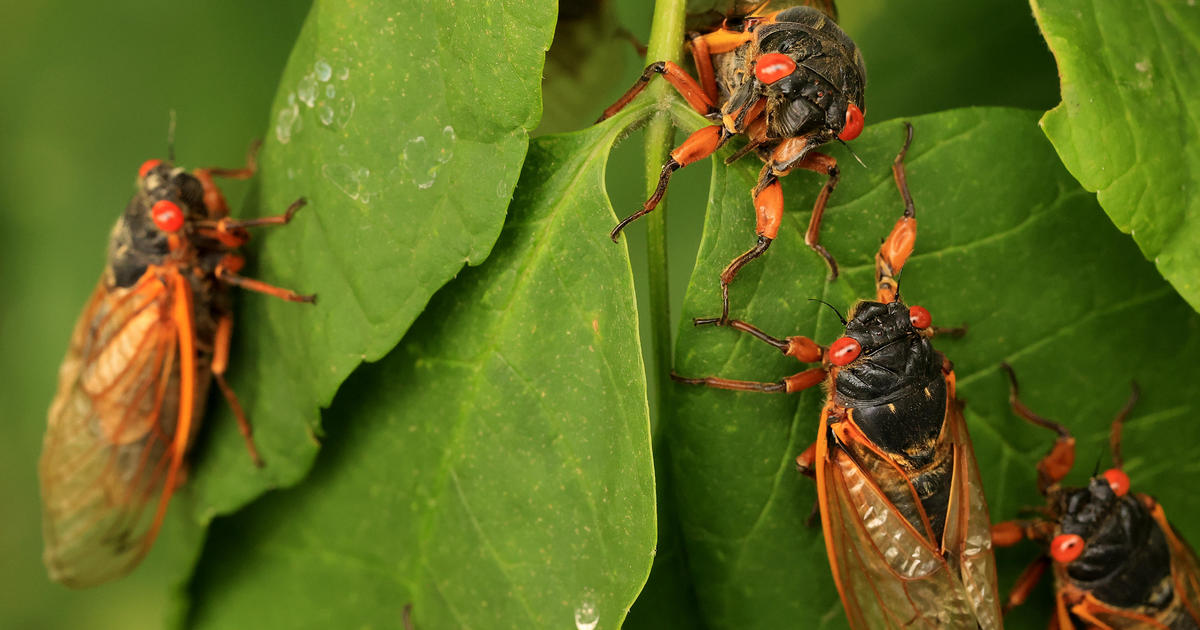Chinese Gene-Editing Scientist Defends His Research, Raises Possibility Of Third Baby
The Chinese scientist who sparked an international outcry after alleging to have helped create the world's first genetically edited babies, has raised the possibility of a third child being born, after announcing that a separate woman was pregnant at an early stage with a modified embryo.
Speaking in front of a packed hall of around 700 people at the Second International Summit on Human Genome Editing on Wednesday, He Jiankui publicly defended his work, saying he felt "proud" of his achievement.
He, an associate professor at the Southern University of Science and Technology in Shenzhen, sent shock waves through the scientific community on Monday when he announced in a video posted online that two ostensibly healthy twin girls had been born this month from embryos altered to make them resistant to HIV.
RELATED: Chinese Scientist Claims First Gene-Edited Babies, Sparks Worldwide Outrage
"For this specific case, I feel proud. I feel proudest, because they had lost hope for life," said He, Wednesday, referring to the parents of the twins, the father of whom is believed to carry HIV. "But with this protection, he (the father) sent a message saying he will work hard, earn money, and take care of his two daughters and his wife."
Asked whether his clinical trials had resulted in other pregnancies, He replied: "There is another one, another potential pregnancy."
The academic did not disclose any further details regarding the possibility of a third, genetically-edited baby, other than answering "yes" when asked whether the pregnancy was still in an early stage.
He said his research has now been submitted to a scientific journal for review, without naming the publication and apologized for the result leaking "unexpectedly."
Ethical concerns
He's research has raised serious ethical questions around the transparency of gene-editing, and sparked calls for a globally binding code of conduct.
In an question answer session after the presentation, He said he conducted two rounds of informed consent with the parents, lasting a total of three hours.
"The simple fact that he was directly involved in trying to get consent from the patients is a huge problem," said Robin Lovell-Badge, head of the Laboratory of Stem Cell Biology and Developmental Genetics at the Francis Crick Institute, who moderated the discussion with He. "You should never do that. You should have an independent third party who can properly explain the risks and the benefits."
According to He, the volunteers were found through an HIV/AIDs volunteer group.
Other concerns have focused on the CCR5 gene, which scientists at the conference said is crucial to the human immune system. Removing it increases the risk of susceptibility for other diseases such as the West Nile virus and influenza.
"When you change one thing, something else gets changed too," said Feng Zhang, one of the inventors of the gene-editing technique CRISPR.
However, many of those in attendance at the Hong Kong conference have pointed out that while He has not necessarily contravened any international regulations, his alleged use of CRISPR represents a clear break with convention.
"There's a fairly tight consensus from what is and is not acceptable in genome editing as of now, and He's reported work represents a departure from that," said David R Liu, professor of chemistry and chemical biology at Harvard University, who has pioneered improving versions of CRISPR.
The conference, which is attended by leaders in the fields of genetics, ethics, as well as policy makers, is expected to issue a statement on the development during its closing session, Thursday.
After He's presentation, chair of conference David Baltimore, said the research was not medically necessary as there are other treatments for HIV. Baltimore criticized He's lack of transparency and referred to an agreement made at the 2015 conference that said it would be irresponsible to use such gene-editing until safety issues had been dealt with.
China a leading player
China has invested heavily in gene-editing technology, with the government bankrolling research into a number of world "firsts," including the first use of the gene-editing tool CRISPR-Cas9 in humans in 2016 and the first reported use of gene-editing technology to modify nonviable human embryos in 2015.
Last year, China spent a record 1.76 trillion yuan ($254 billion) on research and development, and the country is catching up with the US's investment in the same area, spurring a genetic arms race that has been labeled "Sputnik 2.0" by Dr. Carl June, an immunotherapy specialist at the University of Pennsylvania.
However, in a joint statement issued Monday, more than 120 Chinese scientists condemned He's use of the CRISPR-Cas9 tool as a "huge blow" to the reputation of Chinese biomedical research.
"It's extremely unfair to Chinese scientists who are diligent, innovative and defending the bottom line of scientific ethics," they wrote, adding that "directly experimenting on human is nothing but crazy ... as soon as a living human is produced, no one could predict what kind of impact it will bring, as the modified inheritable substance will inevitably blend into human genome pool."
The Chinese government has also ordered an "immediate investigation" into He's claims.
The government investigation follows moves by both the hospital named in He's ethical approval documents, and the university he is affiliated with, to deny involvement in the procedures.
In a separate development, on Wednesday, Rice University said it was investigating bioengineering professor Michael Deem after he was quoted in media reports as having been involved with He's work.
Deem was He's adviser at Rice for more than three years and published three papers with He.
"This research raises troubling scientific, legal and ethical questions," said Doug Miller, director of Rice University's media relations team. In a statement, Miller said Rice had "no knowledge of this work."
Unknown consequences
At the forefront of global concerns is that gene-editing technology is still in its infancy and there could be huge unknown consequences of using it in human embryos that go onto deliver.
The potential for long term social effects on the girls was of particular concern at the Hong Kong summit, with one audience member asking whether He had thought about how the girls would see themselves and how they would be treated by society.
"I don't know how to answer this question," He said.
Jennifer Doudna, professor of chemistry and molecular and cell biology at UC Berkeley and one of the co-inventors of CRISPR told CNN that she felt "physically sick" during He's presentation. "To see this work being presented and performed the way it was, it was really inappropriate. And it effects two girls," she said.
"I hope this is a wake up call for everybody to recognize that while this technology is incredibly exciting," Doudna added, "This is an important moment where we need to grapple with responsibility of managing this technology going forward."
Despite ethical concerns, a recent study suggested that the Chinese public is broadly in favor of using gene-editing for medical purposes. An online survey conducted by Sun Yat-Sen University in Guangzhou found that more than two-thirds of the 4,771 people surveyed (575 of whom reportedly have HIV), supported its use in treating diseases, according to the state-run tabloid Global Times.
"(Chinese people) have a high willingness to use of gene in disease prevention and treatment," Liang Chen, a professor at Sun Yat-Sen University was quoted as saying. "This suggests that the research of gene-editing in China not only has a promising potential, but also is responding to the public's needs."
The-CNN-Wire
™ & © 2018 Cable News Network, Inc., a Time Warner Company. All rights reserved.



